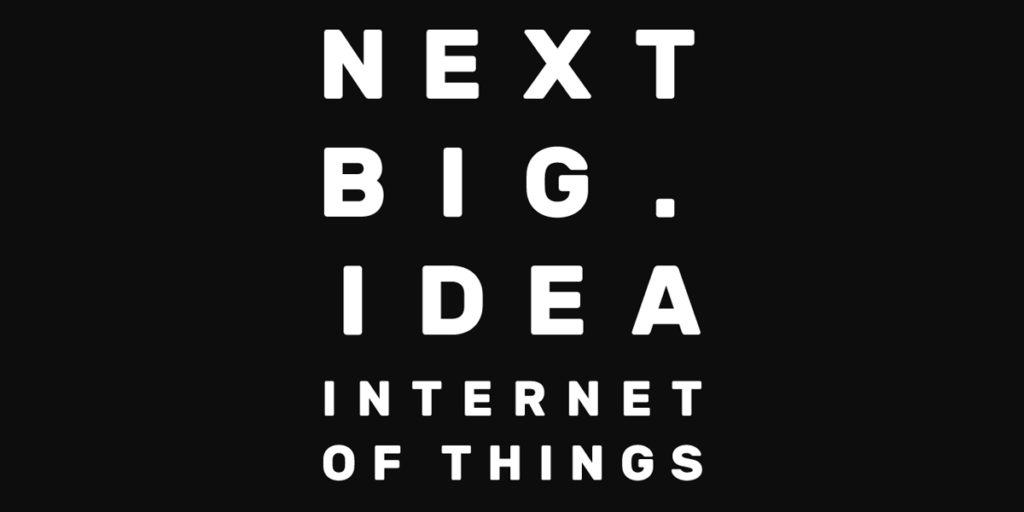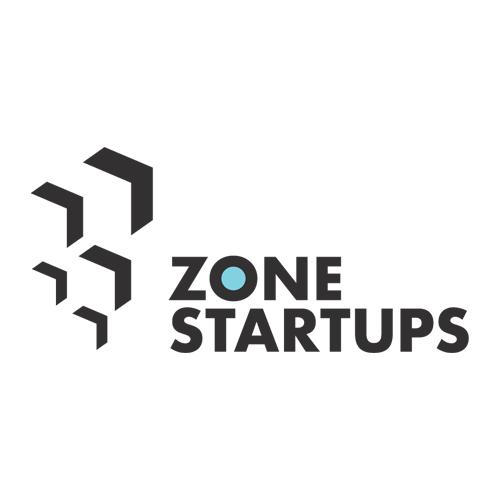Rogers’ Next Big Idea IOT contest wraps with final pitch competition

The first annual Next Big Idea IOT contest culminated on November 15 with a pitch session to an expert panel of judges from NBI IOT partners Rogers Communications and Ryerson Futures.
After months of searching and dozens of applicants, the winning founder—Olivier Manette of Flod.ai—has the opportunity to work closely with Rogers to further grow their solution.
Here are the full details of all five finalists:
Winner
Flod.ai
Flod is an award-winning TechStars company that provides proactive building maintenance through deploying sensors and artificial intelligence. It facilitates real-time monitoring of extended assets to reduce the cost of maintenance and enhance risk management for power transmission companies.
Finalists
ARFront
ARfront Technologies addresses machine and appliance failure markets that cater to machine downtime and miscellaneous overhead expenses when companies have to wait for a technician to come on-site for repairing/troubleshooting.
Blue City Technologies
Blue City’s solution benefits from LiDAR technology and is powered by artificial intelligence to generate reliable real-time traffic data for all road users. It helps cities to monitor the traffic patterns in their road networks in real-time, to identify high-accident-risk intersections, and to aid in proactively improving the safety of road users. Its solution will provide real-time traffic data to connected vehicles to improve the safety of road users.
HaulerAds
HaulerAds is a data-driven mobile billboard supplier that partners with trucking companies to provide premium outdoor advertising space on the sides and backs of delivery trucks and semi-trailers. Its patent-pending tracking device provides real-time analytics on impression data, location data, and frequency reports through WiFi-scanning of mobile devices.
Komodo
Komodo has developed an IoT devices that enables individuals with physical disabilities to access mobile and smartphone technologies. It increase the independence of individuals with physical disabilities by leveraging IoT, smart home, and mobile technologies., and it helps these individuals control smart home devices such as lights, thermostats, and home monitoring.
